Tensions rise as a Chinese bank’s decision to halt dealings with Russian exporters puts pressure on Moscow’s primary economic lifeline amid growing isolation from the West.
Despite reassurances from Russian officials, concerns linger over the potential impact on trade relations between the two nations.
Russian Response to Chinese Bank’s Move
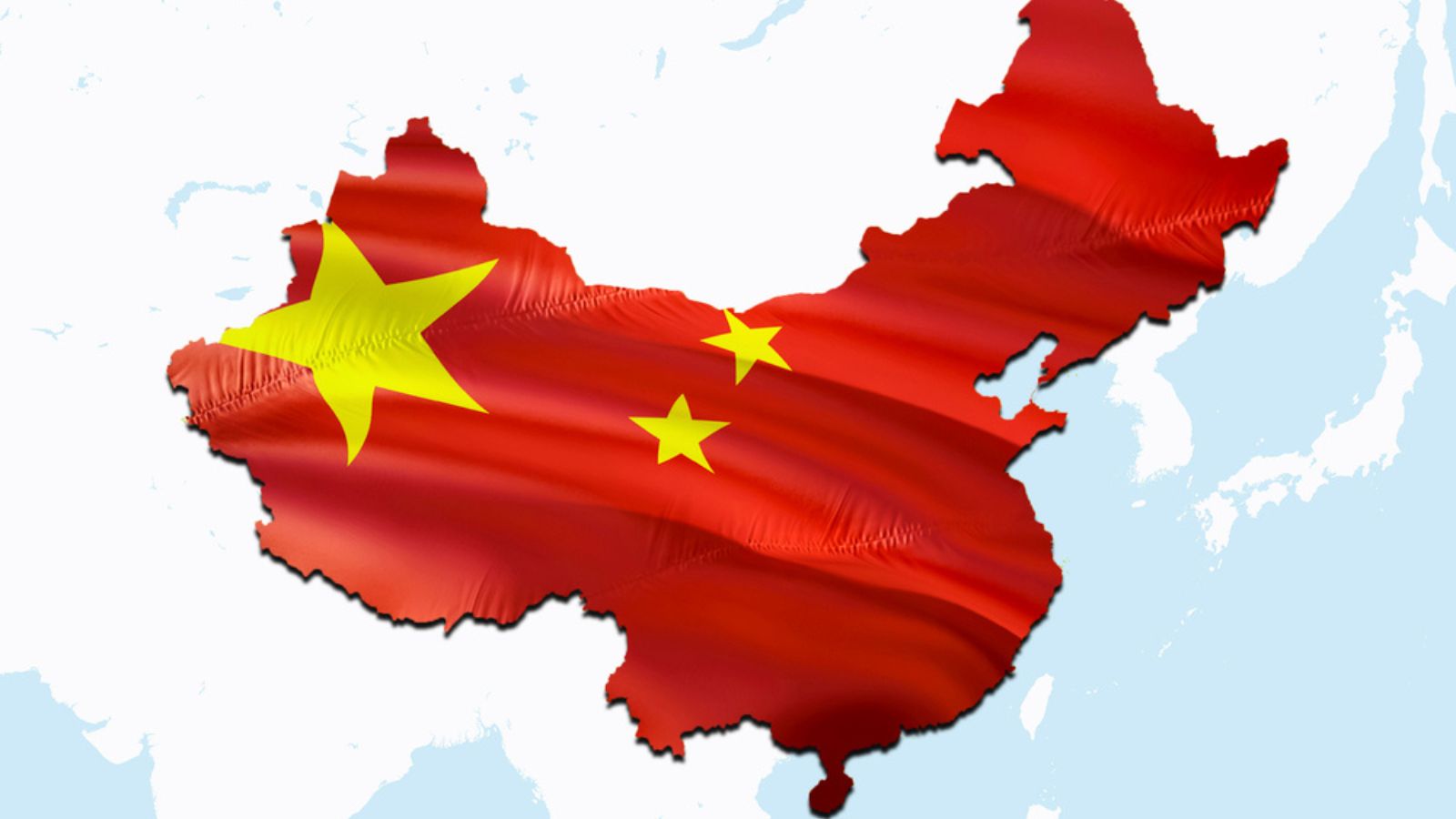
Russian Deputy Foreign Minister Andrey Rudenko downplayed concerns regarding the suspension of transactions by a Chinese bank, stating that there were no issues with settling payments with China.
Fear of Sanctions

However, Rudenko acknowledged that some Chinese banks were exercising caution due to fears of sanctions.
Russia’s state news agency Tass quoted Rudenko saying “No, we don’t have such an issue. A couple of Chinese banks refrain so far as [a] precaution, over fears to be sanctioned. But we are confident that this problem will be solved,” on Friday.
China’s Stance Amidst Tensions
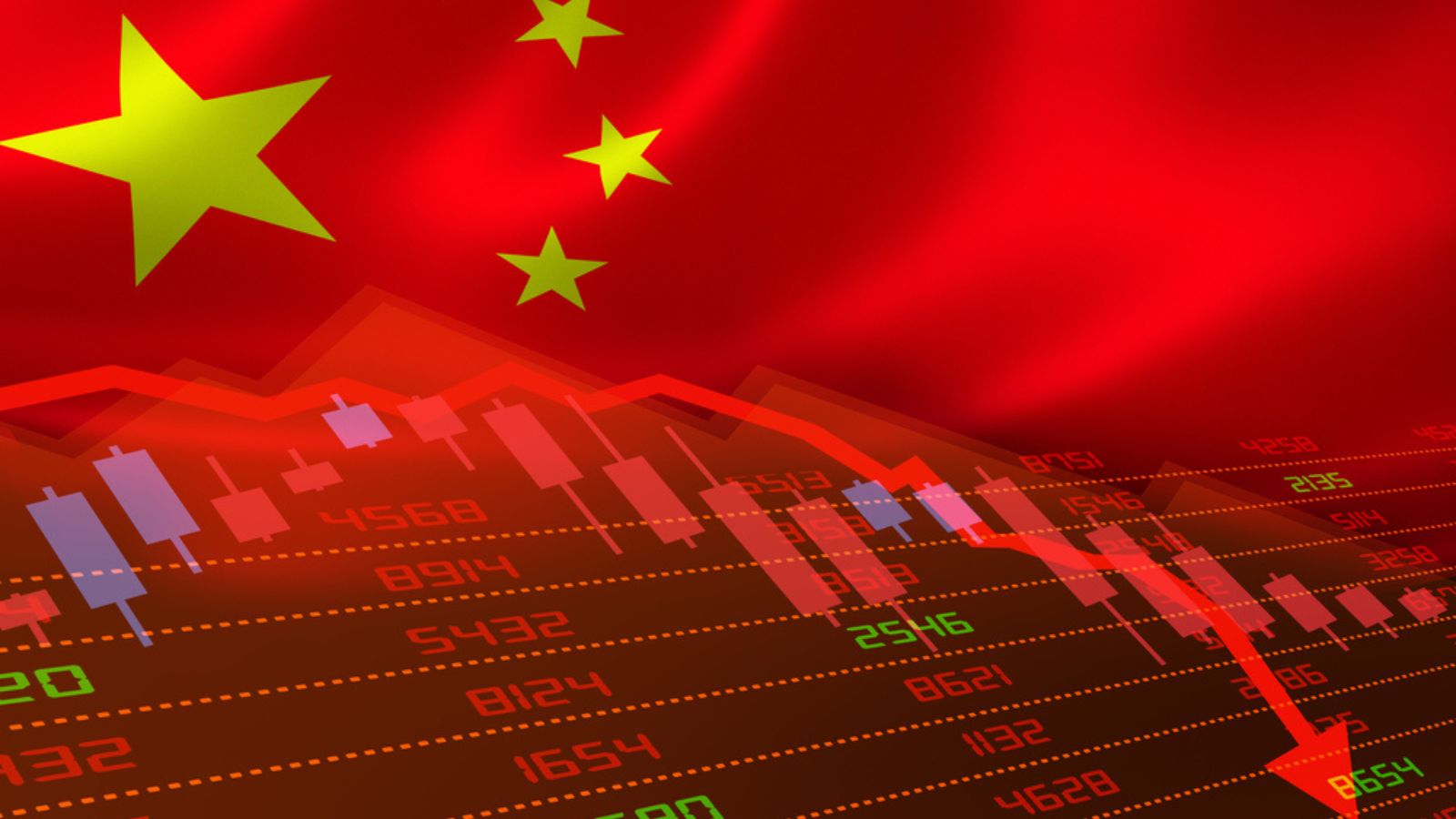
While China has refrained from openly criticizing Russia’s actions in Ukraine, many of its financial institutions have taken steps to avoid repercussions from Western sanctions.
Bilateral Trade Surging
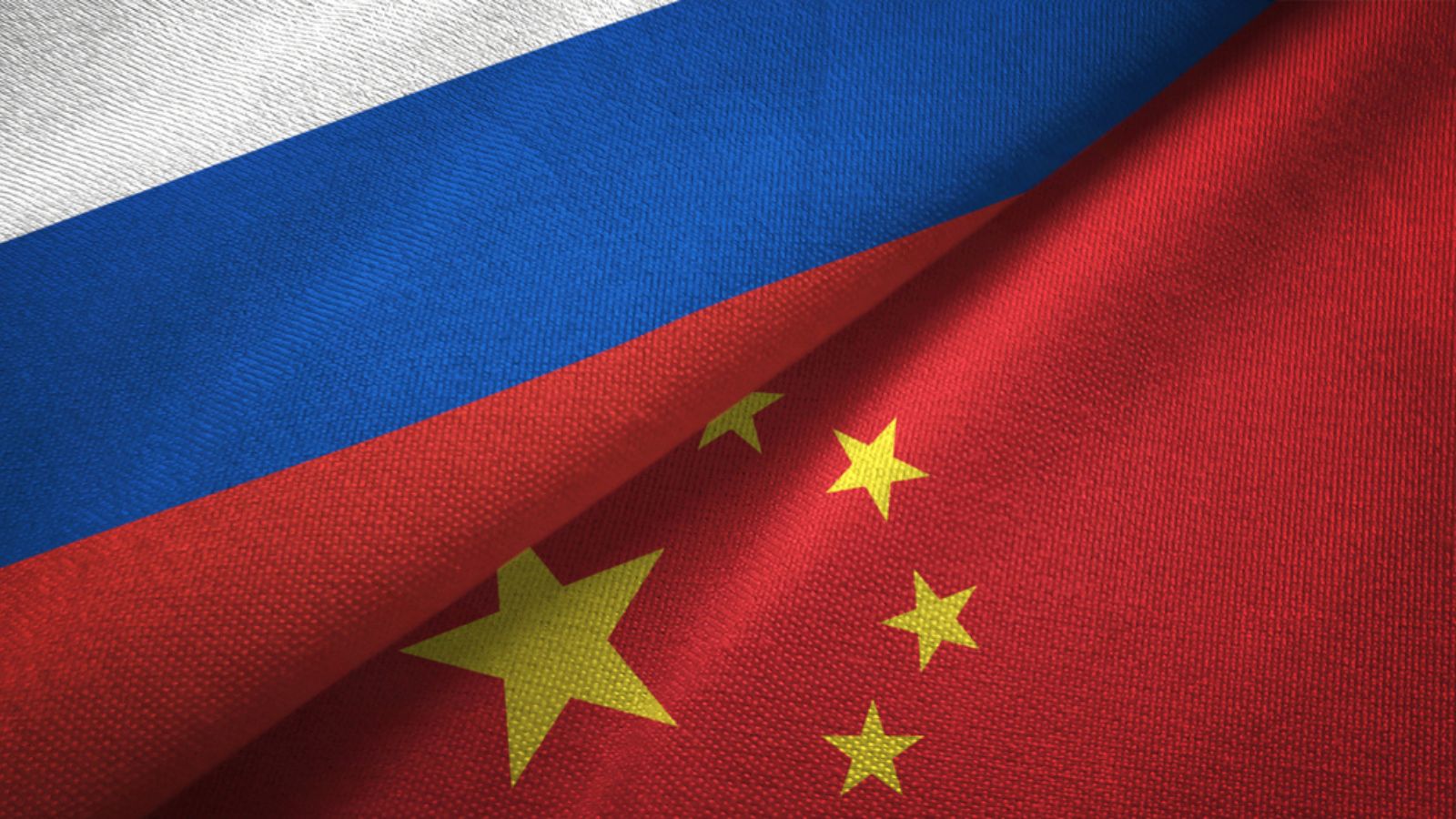
Despite this, bilateral trade between Russia and China surged in 2023, reaching $240.1 billion, driven by increased energy and agriculture purchases.
Suspension of Transactions by Zhejiang Chouzhou Commercial Bank

Last week, the Zhejiang Chouzhou Commercial Bank suspended all transactions for clients from Russia and Belarus, raising concerns about the potential impact on Russian exporters.
Possible Influence of US Financial Controls

The move may have been influenced by recent expansions of U.S. financial controls and the risk of secondary sanctions.
Anticipated Effects on Economic Activity

Experts anticipate that the effects of the banking decision may be felt after the Lunar New Year period, which typically sees lower levels of economic activity in China.
Russian Officials Confident of Resolution
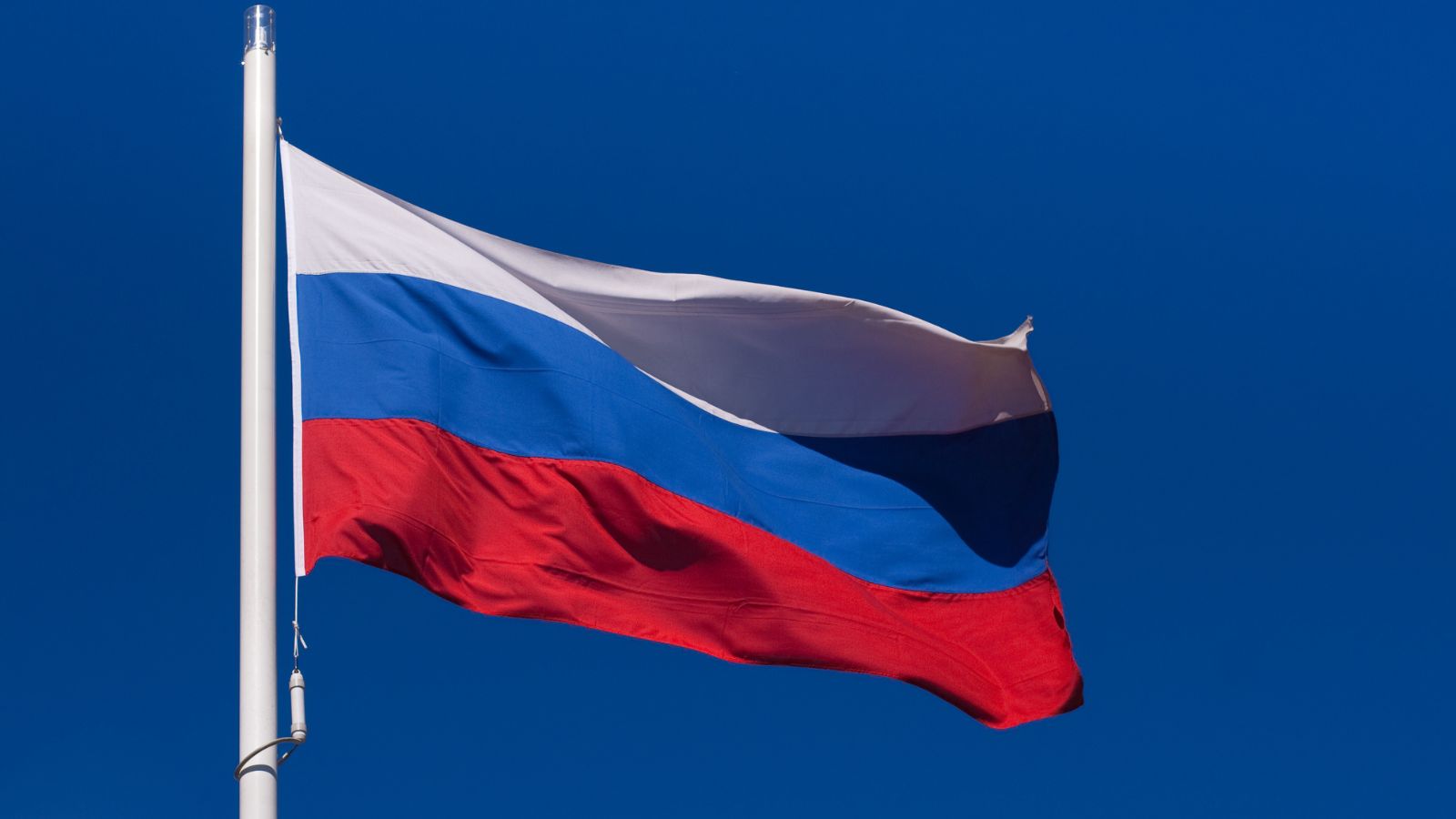
While the Chinese Foreign Ministry has not commented on the issue, Russian officials express confidence in resolving the matter with Beijing.
Rudenko cited the growing trade between Russia and China last year, which the Kremlin claimed was settled almost entirely in Chinese yuan or Russian rubles.
Kremlin Spokesperson’s Comments
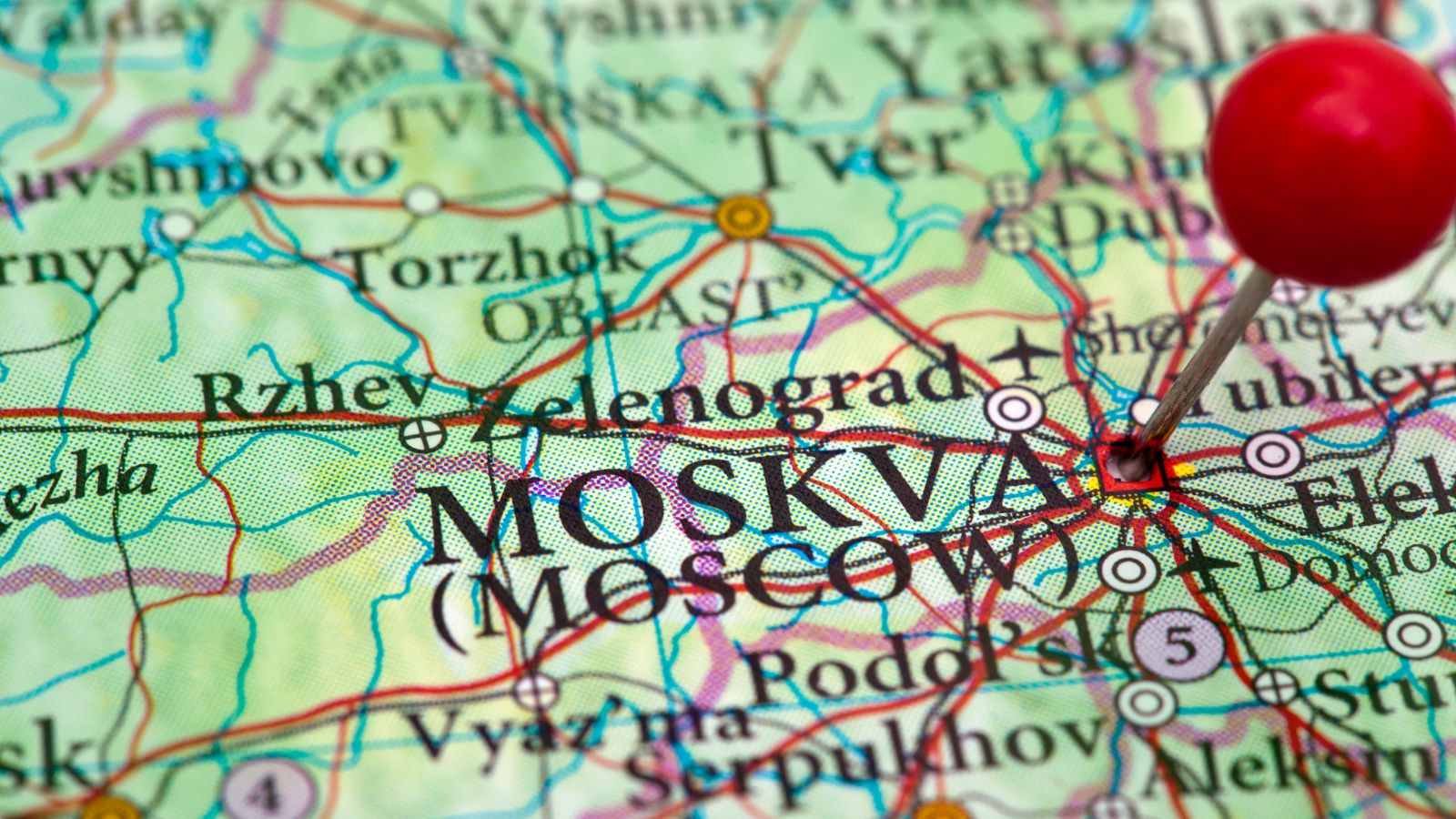
Kremlin spokesperson Dmitry Peskov, told reporters last week that Moscow had “a close dialogue with our Chinese friends and, of course, we will solve all the problems that arise.”
Russia’s Efforts Toward De-Dollarization
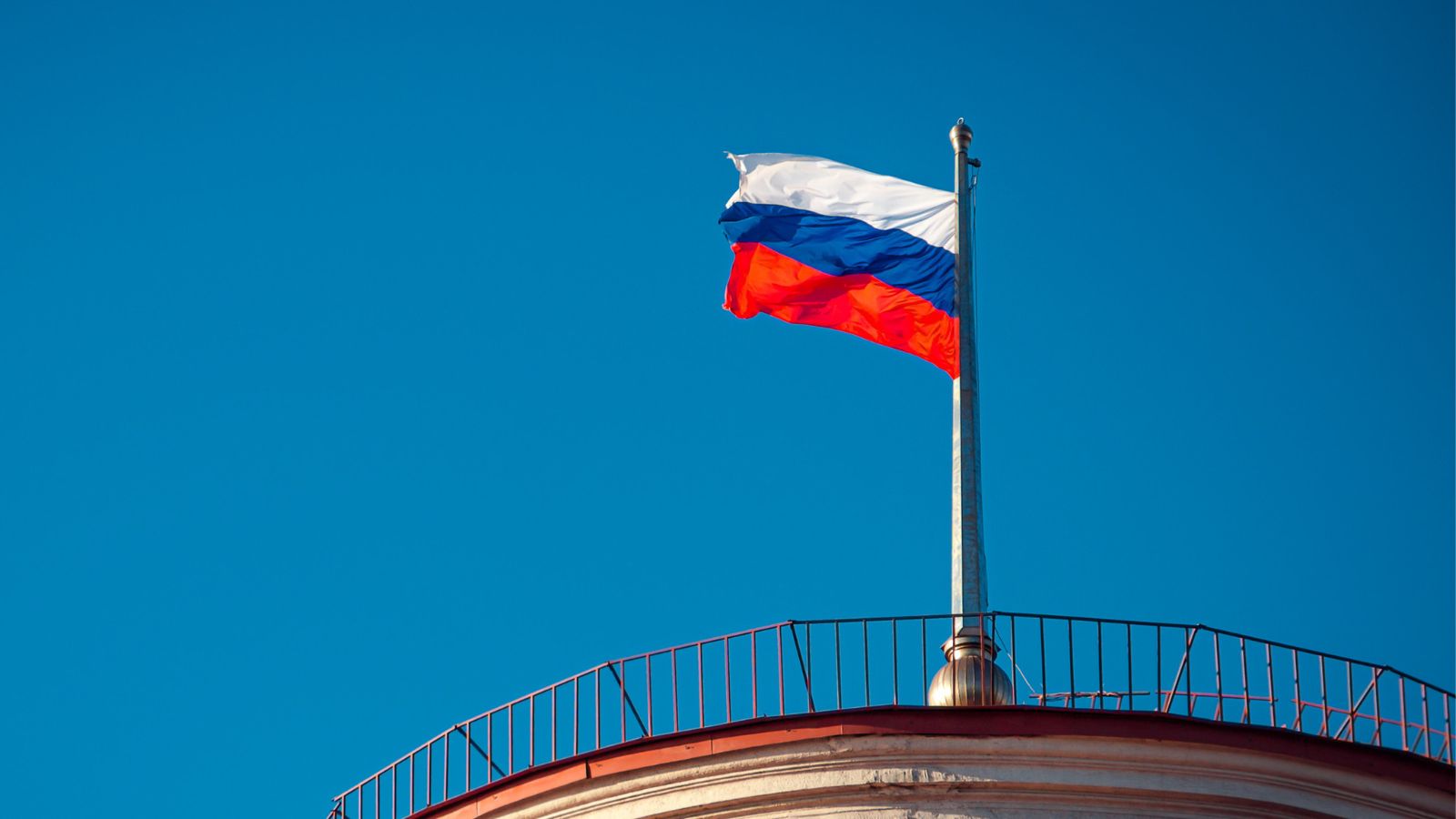
Russian officials highlight efforts to reduce reliance on the U.S. dollar in trade transactions, with over a third of all imports and exports with China settled in the yuan.
This shift reflects Moscow’s push for greater economic independence amidst geopolitical tensions.
Read More From The Stock Dork
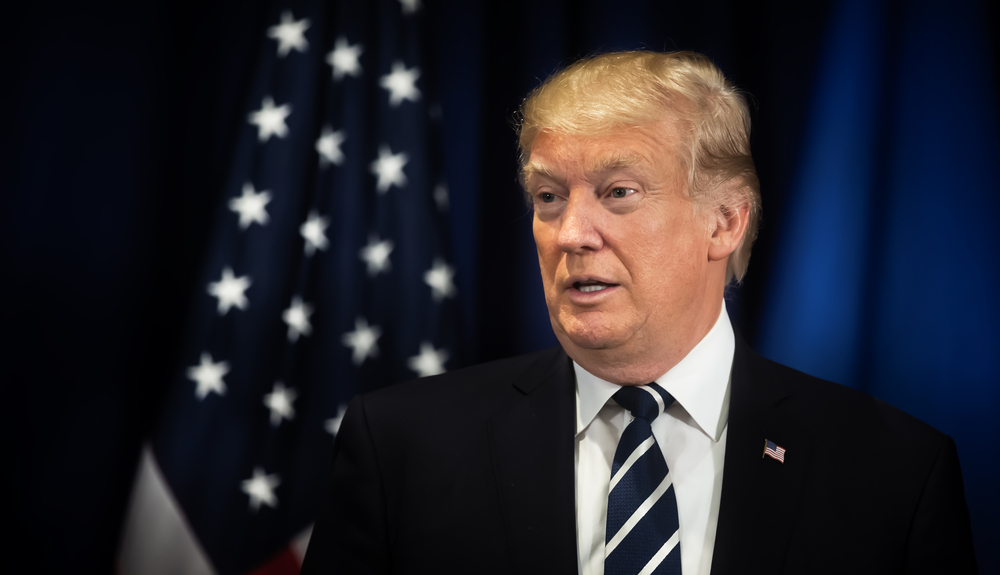


 Tags:
Tags:










